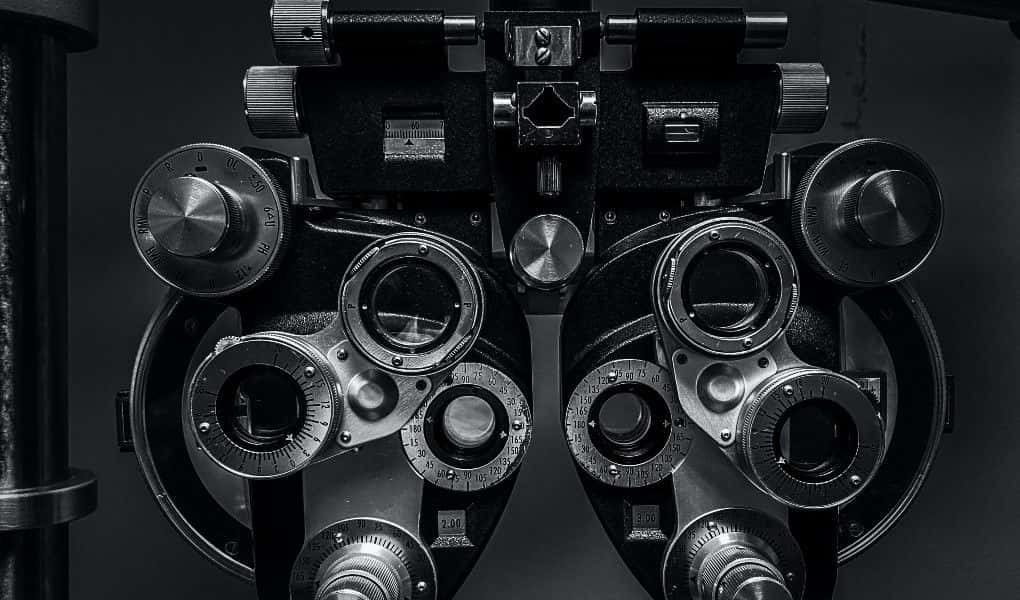This case involves a middle-aged male patient who was on chloroquine for treatment of extraintestinal amebiasis for several years. He subsequently presented to his optometrist for changes in his vision. His optometrist diagnosed him with ocular migraines. The optometrist told him the migraines were harmless and typically self-resolved without medication. Over the course of the next several months, the patient experienced worsening vision. He returned to his optometrist, and the optometrist diagnosed him with bullseye maculopathy and nearly full blindness. An expert in optometry reviewed the type and quality of the assessment performed in light of the patient’s medical history.
Question(s) For Expert Witness
What is the standard testing for someone on long-term chloroquine with changes in her vision and headaches?
Expert Witness Response E-133701
For my patients taking cholorquine, I follow the guidelines as set out by the American Academy of Ophthalmology published in 2002 and revised in 2011 and again in 2016. The risk of toxicity associated with chloroquine is affected by the dosage that the patient is taking and the number of years they have been on the drug. During case history, I would try to determine the cumulative dosage of the drug that the patient would have taken This would be the number of days taking the drug multiplied by the dosage. For patients new to therapy, a baseline examination is performed which includes a 10 - 2 automated visual field, fundus examination and one of three tests (SD-OCT, FAF, mfERG). Annual screening for cholorquine toxicity would then begin after 5 years and every year after. The risk of toxicity is approximately 1% at 5 years, 2% up to 10 years but increases sharply to almost 20% after 20 years. The single biggest risk factor for developing vision loss would be the number of years the patient is taking the drug. When patients present with a complaint of headaches a full comprehensive eye examination is required. To arrive at a diagnosis of a headache/migraine is a diagnosis of exclusion. A detailed history is required to inquire about the frequency, onset, region, and duration of the headaches. An evaluation of the refractive and binocular systems is required to determine if eye strain is a contributing factor. A thorough ocular health examination is also needed to rule out any pathology that may be a contributing factor.
About the author
Wendy Ketner, M.D.
Dr. Wendy Ketner is a distinguished medical professional with a comprehensive background in surgery and medical research. Currently serving as the Senior Vice President of Medical Affairs at the Expert Institute, she plays a pivotal role in overseeing the organization's most important client relationships. Dr. Ketner's extensive surgical training was completed at Mount Sinai Beth Israel, where she gained hands-on experience in various general surgery procedures, including hernia repairs, cholecystectomies, appendectomies, mastectomies for breast cancer, breast reconstruction, surgical oncology, vascular surgery, and colorectal surgery. She also provided care in the surgical intensive care unit.
Her research interests have focused on post-mastectomy reconstruction and the surgical treatment of gastric cancer, including co-authoring a textbook chapter on the subject. Additionally, she has contributed to research on the percutaneous delivery of stem cells following myocardial infarction.
Dr. Ketner's educational background includes a Bachelor's degree from Yale University in Latin American Studies and a Doctor of Medicine (M.D.) from SUNY Downstate College of Medicine. Moreover, she is a member of the Board of Advisors for Opollo Technologies, a fintech healthcare AI company, contributing her medical expertise to enhance healthcare technology solutions. Her role at Expert Institute involves leveraging her medical knowledge to provide insights into legal cases, underscoring her unique blend of medical and legal acumen.



